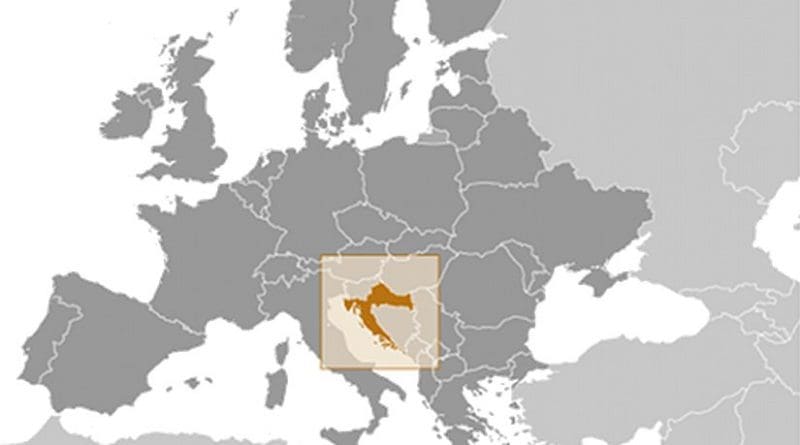Croatia: Hate Speech Rising, Report Warns
By Anja Vladisavljevic
Hate speech and racist rhetoric has been increasing in Croatia, mainly targeting Serbs, LGBT people and Roma, warned the Council of Europe’s European Commission against Racism and Intolerance.
A report published on Tuesday by the Council of Europe’s European Commission against Racism and Intolerance, ECRI, said that hate speech has been increasing in Coatia and criticised the authorities for their inadequate response.
“The report – which analyses legislative issues, racist and homo-transphobic hate speech, violence and integration policies – notes a rise of nationalism, particularly from youth, which often takes the form of praising the fascist [WWII-era] Ustasa regime,” the ECRI said in a statement.
It said that most of the hate speech targets Serbs, LGBT people and Roma, and criticises what it describes as “an inadequate response by Croatian authorities to such increasing intolerance”.
Hate speech is too often not prosecuted as a criminal offence, the ECRI said.
“Most cases of hate speech and hate motivated violence are treated merely as misdemeanours,” it said.
However the report praised improved legal protection against hate crime through amendments to Croatia’s criminal code – which includes a new provision criminalising violent conduct in public places – but said that anti-hate crime legislation is rarely applied.
The ECRI also praised the enactment of the Law on Registered Same-Sex Partnerships, but said that prejudice and discrimination against LGBT people remains widespread.
However it criticised the authorities for only partially implementing national strategies to imprve the social inclusion of the country’s Roma population.
“The Roma continue to face high levels of social exclusion, and data suggests that their access to employment is alarmingly low and school drop-out rates still high,” it said.
It advised Croatia to introduce compulsory human rights education into the school curriculum, “especially regarding equal rights and prohibiting discrimination”.
It also advised that the National Roma Inclusion Strategy should be systematically revised to improve its effectiveness.
The ECRI report mainly covers the period up to the first week of December 2017.

